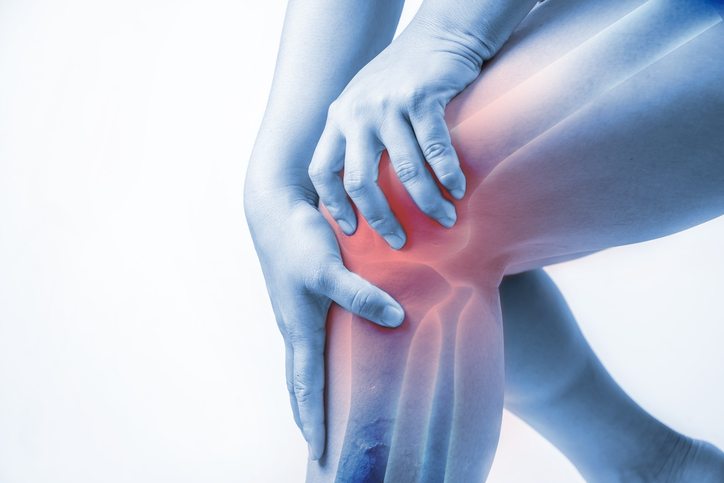
Knee problems can have a major impact on your life. They can limit your mobility and have a negative impact on essential day-to-day activities such as walking, running, kneeling, and standing. Orthopedists (doctors who specialize in bones, muscles, and joints) have a battery of tests available to them for the diagnosis of knee problems. In general, orthopedists diagnose knee problems by using:
- Physical examination
- Imaging tests, such as X-rays, CAT scan, or MRI
- Arthroscopic Surgery.
Physical examination
On your first visit to the orthopedist, the doctor will often use basic techniques to try to evaluate the source of your knee problem. Your doctor will:
Visually inspect your knee for any swelling, redness, or changes in the color of your skin, as well as any possible deformities.
Palpate (touch and feel) your knee for warmth or coolness, swelling, tenderness, and to test your ability to feel sensations in the knee area.
Test the range of motion of your knees (how far can you bend your knee, for example) and listen carefully to the sounds your knee makes when it moves, such as popping, clicking, or grinding.
Your doctor will also ask you to move your leg and knee joint and evaluate your mobility.
Imaging tests
Imaging tests use different techniques to painlessly look into the body and take “pictures” or images of the area. The most common imaging tests used to diagnose knee conditions include:
- X-rays that detect fractures, joint alignment, and bone spurs.
- CT scans that show pictures of soft tissues such as ligaments and muscles.
- MRIs that provide detailed images from many different angles of the structures inside the knee joint including bones, cartilage, and blood vessels.
Arthroscopy uses a miniature camera threaded into the body via a small incision to see the inside of your knee in detail. Although arthroscopic surgery can also be used to treat the damaged area, it is commonly utilized as a minimally invasive technique to get a clear image of the inner anatomy.
Manual resistance tests
Orthopedists perform these specialized tests by applying pressure, pulling, moving, bending, and turning the knees and legs. Each of these tests focus on finding a specific problem. Below are some of these tests:
Valgus and varus tests use applied stress on the knee with simultaneous immobilization of the ankle. These tests measure the stability of your tibia and femur (the leg bones above and below your knee) in relation to the joint. These tests are very valuable for diagnosing problems with ligaments and tendons.
In an Apley’s compression test, the doctor uses slight force to evaluate the state of the knee meniscus (the rubber-like tissue that cushions the area between the shinbone and thighbone).
Patellofemoral compression tests put pressure on the patella (the kneecap) and the thighbone to determine whether there are problems in that particular area.
Your orthopedist will determine which test or tests need to be used during your exam to come to the most precise diagnosis. Board-certified orthopedic surgeon Dr. Bill Hefley is devoted to treating a broad range of conditions affecting the shoulder, hip, and knee. If you have any questions about knee pain and diagnosis, call us at (800) 336-2412 or use our Online Appointment Request Form.
Sources
https://www.integrativehealthcare.org/mt/archives/2005/11/eight_tests_for.html
https://www.niams.nih.gov/health-topics/knee-problems/advanced
https://www.niams.nih.gov/sites/default/files/catalog/files/knee_problems_ff.pdf



 Read our Blog
Read our Blog Patient Education
Patient Education